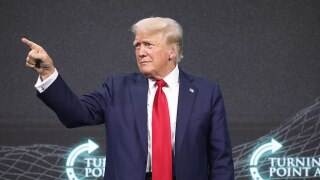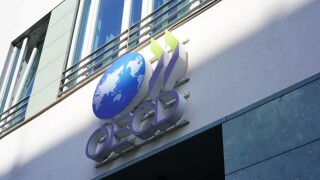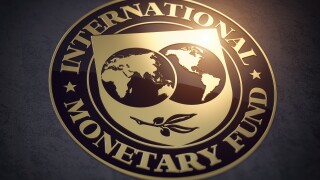Hong Kong SAR
The US president did not have the authority to impose the tariffs, a court ruled; in other news, Fried Frank and Crowe Ireland made key tax hires
Pillar two anticipation may have led to stable international corporation tax rates according to the OECD; in other news, A&M has continued its lateral hiring spree
Mexico is advised to eliminate its zero-rating for VAT, Hong Kong cuts stamp duty, road tax rates fall across the OECD and G20, and more
More than 1,000 PwC staff in China and Hong Kong engaged in improper answer sharing, it is understood
Sponsored
Sponsored
-
Sponsored by KPMG ChinaChief Executive Carrie Lam Cheng Yuet-ngor delivered her second policy address on October 10 2018, which sets out the Hong Kong government’s policies over the coming years.
-
Sponsored by KPMG Hong KongIn recent years, there have been various accounting changes which have had significant tax implications on how certain items are accounted for and potentially taxed. The two main changes in Hong Kong have been HKFRS 9 (affecting financial instruments) and HKFRS 16 (leases).
-
Sponsored by KPMG Hong KongIn July 2018, transfer pricing (TP) legislation – Inland Revenue (Amendment) (No 6) Bill 2017 (BEPS Bill) – was passed in Hong Kong. This represents one of the biggest changes to Hong Kong tax in recent years. Many of the provisions within the BEPS Bill will have retrospective effect from the year of assessment 2018/19. The notable amendments to the initial proposal are:
Article list (load more 4 col) current tags












